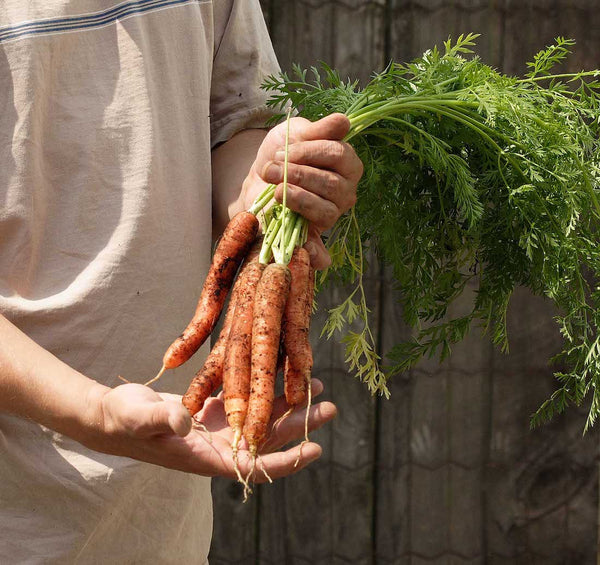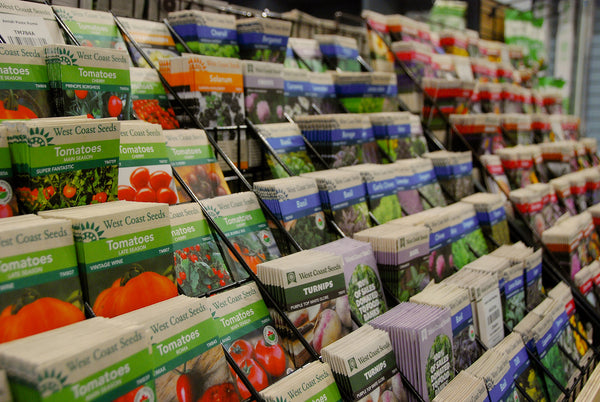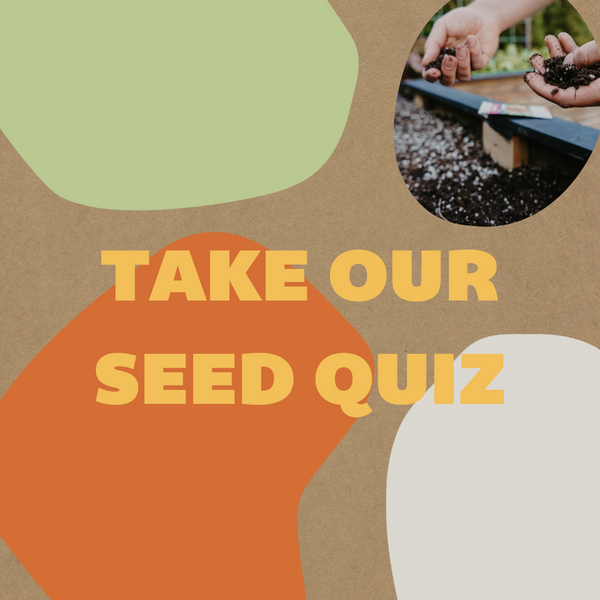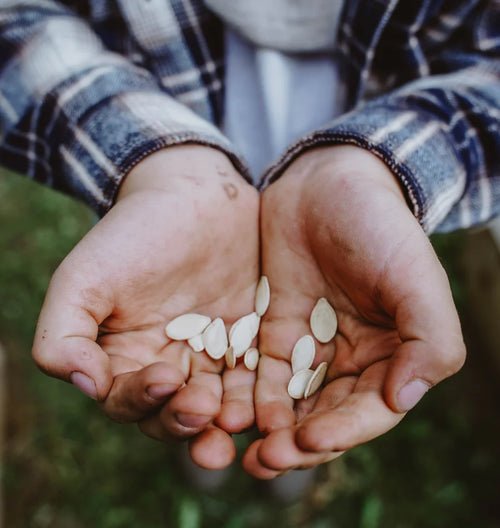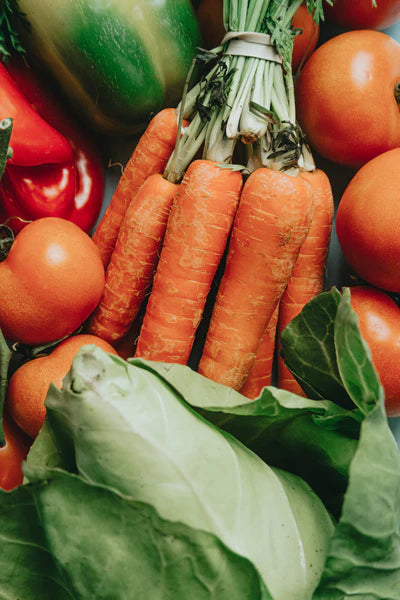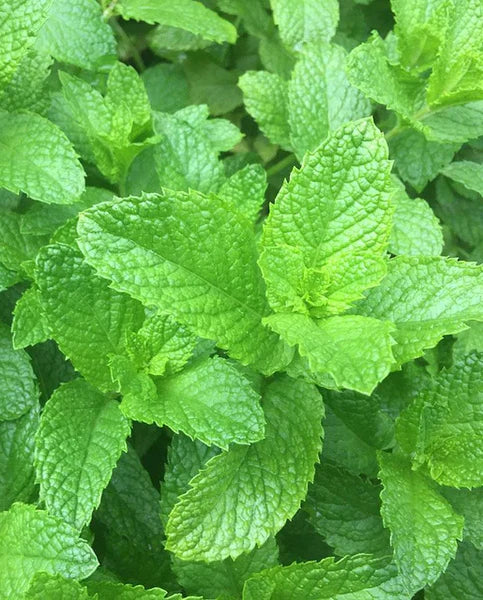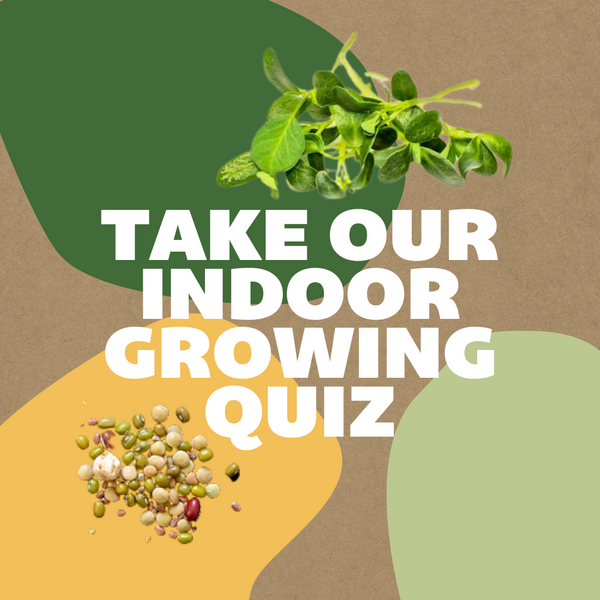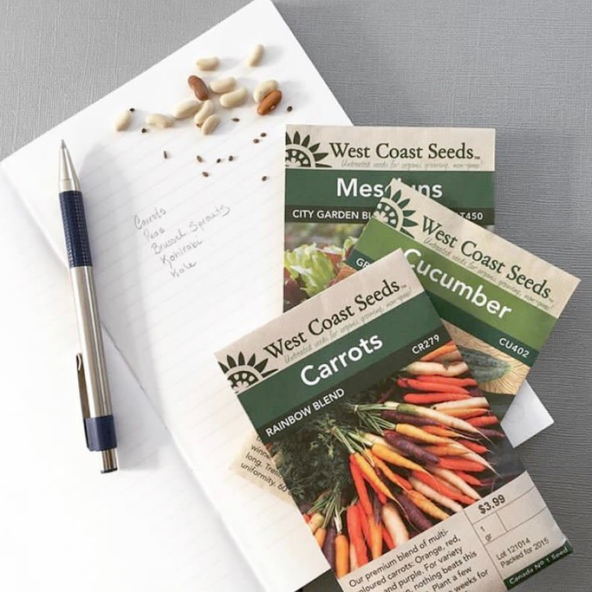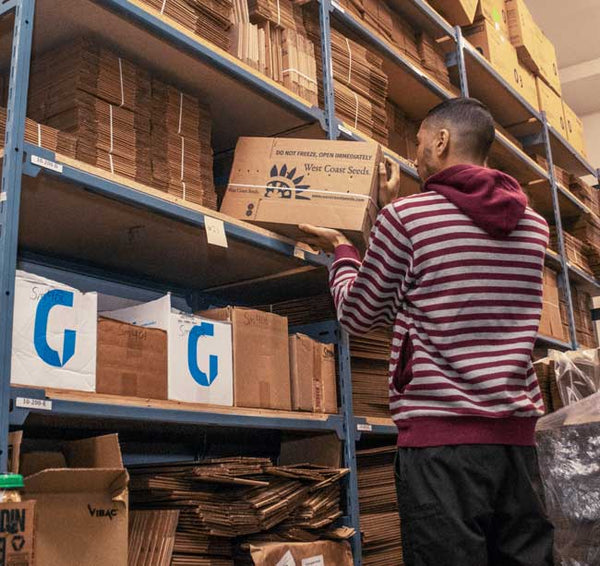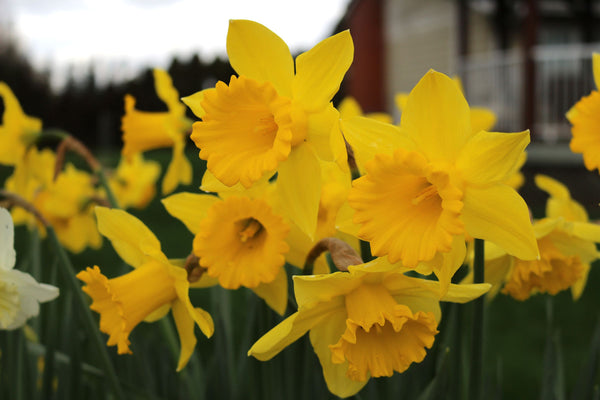Normal shipping resumed. We can once again ship to PO boxes, Rural Routes, and outside of Canada. Delayed packages are being prioritized and will arrive as soon as possible. Thanks for your patience.
Introduce a friend to organic growing. Send them $10 off their first order and get $10 off your next order.
Support Food Banks Canada with every dollar spent — 15% sales donated from Black Friday to Cyber Monday.
Time remaining:
Time remaining:
